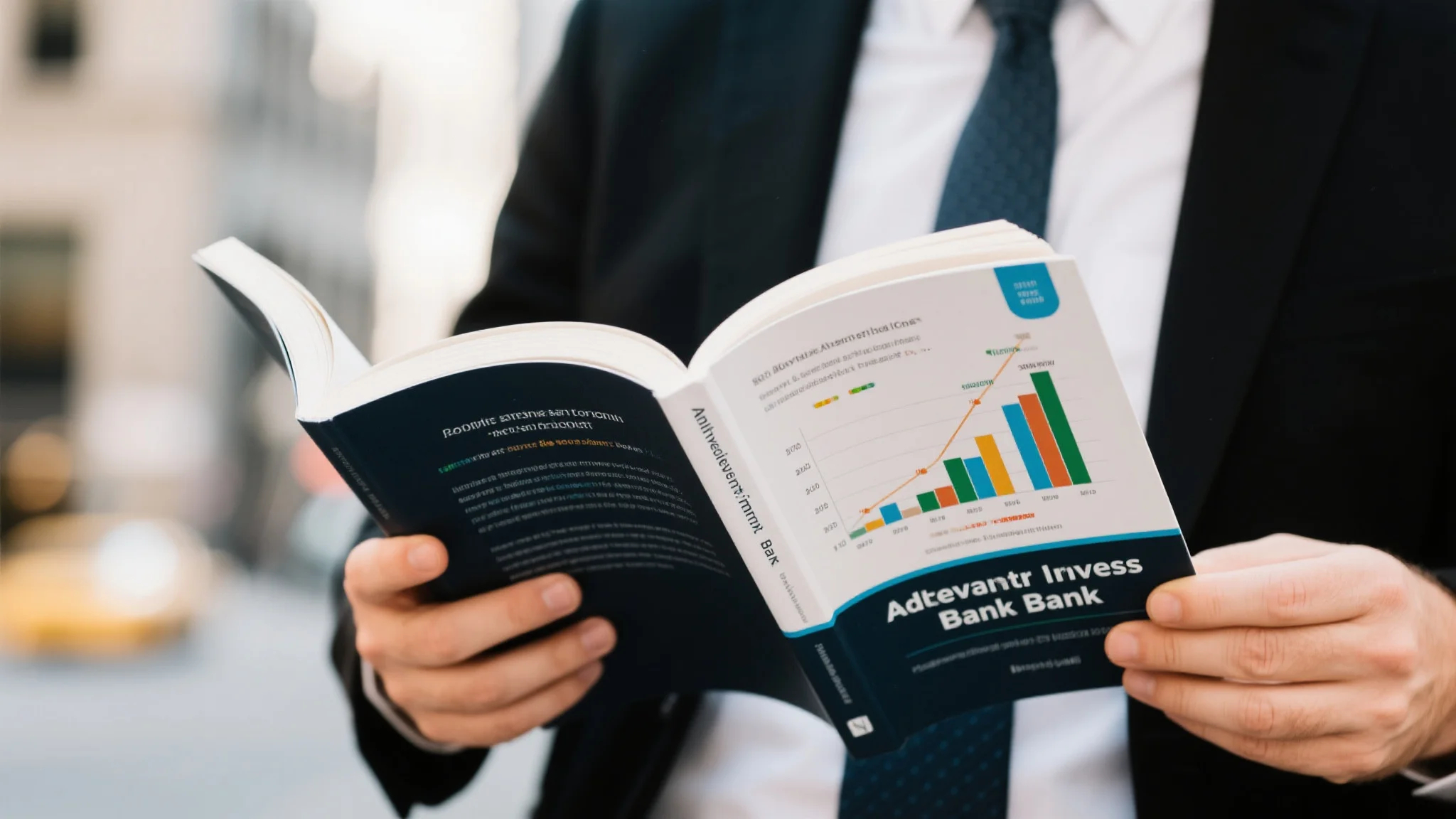Mastering the Investment Banking Interview Process
Preparing for investment banking interview guide requires understanding the multi-stage evaluation process used by top firms. The interview cycle typically begins with resume screening and initial phone interviews before progressing to rigorous in-person sessions combining technical assessments, behavioral questions, and case studies. Successful candidates approach this process systematically, recognizing that each stage serves as a filter to identify applicants with both the technical proficiency and interpersonal skills needed to thrive in high-pressure banking environments. Unlike many corporate interviews that focus primarily on cultural fit, investment banking interviews test specific financial competencies through challenging IB technical questions designed to simulate real-world deal scenarios.
The competitive nature of banking interviews means candidates must demonstrate mastery across several dimensions simultaneously. Interviewers evaluate not just the correctness of responses to finance case studies, but also the clarity of communication, logical structure of thinking, and ability to perform under time pressure. Many candidates mistakenly focus solely on memorizing technical concepts while neglecting to practice articulating their thought processes clearly and concisely. The most successful interviewees develop frameworks for approaching both technical and case questions that allow them to demonstrate structured problem-solving even when faced with unfamiliar scenarios.
Essential Technical Questions and Valuation Methods
At the core of any investment banking interview guide lies comprehensive preparation for technical valuation questions. Interviewers routinely test candidates on discounted cash flow (DCF) analysis, comparable company valuation, and precedent transactions – the three primary methodologies used in real-world banking practice. These IB technical questions often begin conceptually (“Walk me through a DCF”) before progressing to specific calculations (“If the risk-free rate increases by 50 basis points, how would that affect our WACC?”). Candidates must be prepared to explain each step of these methodologies in detail while also demonstrating the mathematical fluency to perform calculations mentally or on paper without technological aids.
The depth of technical questioning frequently surprises even well-prepared candidates. Beyond standard finance case studies, interviewers often probe understanding of accounting intricacies like deferred tax liabilities, operating versus capital leases, or the treatment of minority interests in consolidation. Many technical questions present hypothetical scenarios requiring candidates to adjust standard valuation approaches for unique circumstances, testing both creativity and fundamental understanding. For example, how would you value a startup with negative EBITDA but significant intellectual property? Or assess a distressed company where liquidation value exceeds going concern value? These nuanced questions separate candidates who have merely memorized formulas from those who truly grasp underlying financial principles.

Behavioral Interview Strategies for Banking Roles
While IB technical questions dominate most preparation guides, behavioral interviews represent an equally critical component of the investment banking interview guide. Banks seek candidates who can articulate their motivations for pursuing banking, demonstrate resilience under pressure, and provide concrete examples of leadership and teamwork. The most effective responses follow the STAR method (Situation, Task, Action, Result), structuring anecdotes to highlight relevant skills while maintaining interviewer engagement. Common behavioral questions probe how candidates have handled failure, managed tight deadlines, or resolved conflicts within teams – all situations mirroring the realities of investment banking work.
Sophisticated interviewers often combine behavioral questions with elements of finance case studies to assess both technical and interpersonal skills simultaneously. For instance, a candidate might be asked to explain a complex financial concept to a non-technical executive or defend a valuation recommendation to a skeptical client. These hybrid questions test the ability to translate technical knowledge into practical business recommendations – a core competency for successful bankers. Candidates should prepare several versatile stories demonstrating relevant experiences and practice delivering them concisely, as banking interviews typically allow only 1-2 minutes per behavioral response before moving to the next question.
Approaching Complex Finance Case Studies
The most challenging component of any investment banking interview guide involves preparing for full-length finance case studies, which may require 30-60 minutes to complete during later interview rounds. These cases simulate real advisory scenarios, presenting candidates with incomplete information about a company or transaction and asking them to develop recommendations. Successful case interview performance requires structuring the problem methodically, identifying key value drivers, making reasonable assumptions for missing data, and presenting conclusions persuasively. Many candidates falter by either getting bogged down in unnecessary calculations or failing to articulate the business rationale behind their numerical analysis.
Effective case study preparation goes beyond practicing sample IB technical questions to developing a flexible framework for approaching unfamiliar problems. This includes learning to quickly size markets, assess competitive positioning, and identify potential synergies in M&A scenarios. The best candidates practice cases under realistic time constraints, often with peers or mentors playing the interviewer role to provide constructive feedback. Recording and reviewing practice sessions can reveal unconscious habits like excessive hesitation, unclear communication, or over-reliance on specific valuation methods that may limit performance in actual interviews.
Industry-Specific Preparation Strategies
Tailoring your approach using an investment banking interview guide requires understanding how interviews differ across industry groups and firm types. Coverage groups (e.g., healthcare, technology, industrials) typically include sector-specific finance case studies testing knowledge of relevant valuation metrics and industry dynamics. Candidates interviewing for these positions should research recent deals, current valuation multiples, and unique accounting considerations for their target sector. Similarly, interviews for restructuring or leveraged finance roles emphasize different IB technical questions than those for traditional M&A or capital markets positions, often focusing on credit analysis, covenant structures, or distressed valuation methodologies.
The interview process also varies significantly between bulge bracket banks, elite boutiques, and middle-market firms. Larger banks tend to have more structured interview processes with standardized technical questions, while smaller firms often prioritize fit and may incorporate more unconventional case studies or modeling tests. Understanding these differences allows candidates to allocate preparation time effectively, ensuring they can demonstrate both the technical mastery expected at all firms and the specialized knowledge valued by their specific target employers.
Final Preparation and Mindset Strategies
In the final weeks before interviews, refining your investment banking interview guide preparation should focus on simulating actual interview conditions. This means practicing IB technical questions aloud without notes, completing finance case studies under time pressure, and conducting mock interviews with experienced professionals. Many candidates find it helpful to create a “cheat sheet” of key formulas, valuation multiples, and recent deals in their target sector – not to bring into interviews, but to review just beforehand to ensure fresh recall. Equally important is preparing thoughtful questions for interviewers, which demonstrate genuine interest in the firm and can provide valuable insights into team dynamics and deal flow.
The mental aspect of interview preparation often proves as critical as technical mastery. Successful candidates develop strategies to manage nerves, maintain composure when facing challenging questions, and project confidence even when uncertain. This includes practicing graceful recovery techniques for moments when you draw a blank or make calculation errors – situations that inevitably occur even for the best-prepared candidates. Viewing the interview as a conversation rather than an interrogation can help establish rapport with interviewers while still demonstrating the analytical rigor and attention to detail that defines successful investment bankers.






